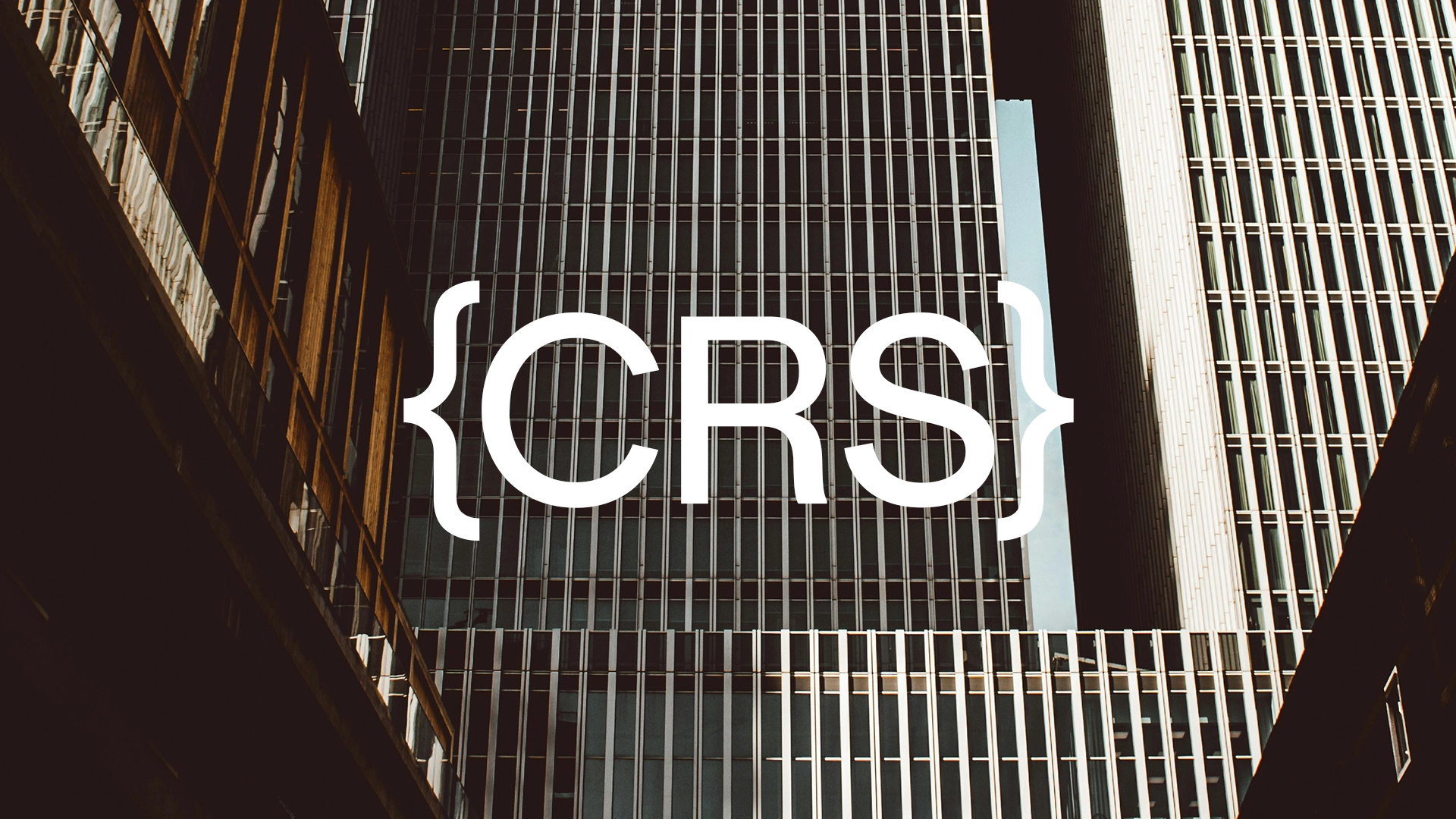Corporate social responsibility (CSR) refers to strategies companies undertake as part of their corporate governance, which are designed to ensure the operations of a corporation are ethical and benefit the community. It is the promise that companies make to responsibly manage the social, environmental, and economic impacts of their operations, and in accordance with the expectations of their audiences. CSR is a self-regulated business model that helps a corporation be socially responsible--to itself, to stakeholders, and to the general public.
CSR centers around the idea that businesses have the opportunity and responsibility to make the world a better place, or at a minimum lessen their negative social and environmental footprint. Small, medium, and large businesses alike have invested in social impact programs because they recognize the benefit it brings to the business as well as their shareholders.
Some CEOs see CSR as a cornerstone of their overall strategy, helping them to creatively solve critical business problems. These leaders believe companies should be committed to pursuing other socially beneficial goals beyond the goal of maximizing profits.
There is no single right way companies can practice CSR; many business CSR initiatives aim to contribute positively to society, economy, or the environment. To be committed to CSR means a business is operating in ways that strengthen the community and environment, rather than contributing to it negatively. It is neither practical nor logical for all companies to be involved in the same kind of CSR, as CSR programs are driven by different factors, including the industry and social contexts that businesses operate in, as well as the motivations of those who staff, manage, and direct each business. As customers, employees, and suppliers--and, in fact, society more generally--have placed increasing value on CSR, some leaders have begun to see it as a creative opportunity to radically strengthen their businesses while contributing to society at the same time.
Overflow is a revolutionary generosity partner
We make giving donations easier than buying a cup of coffee.
Related Content
Sign up for our updates
Stay up to date on the latest innovations happening at Overflow.





